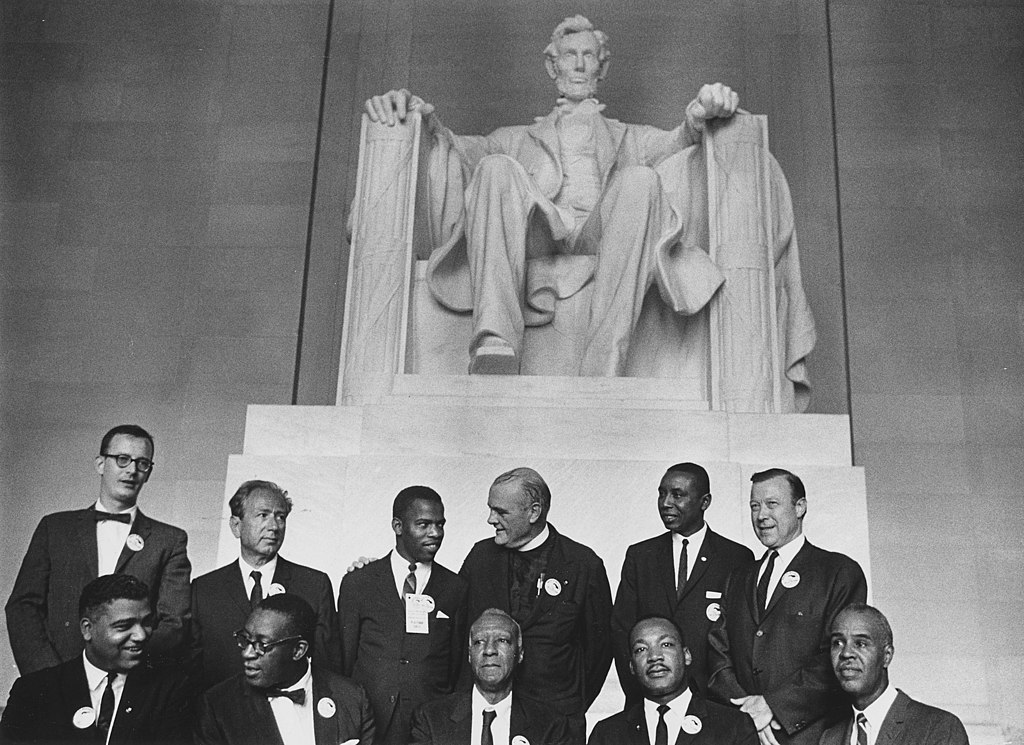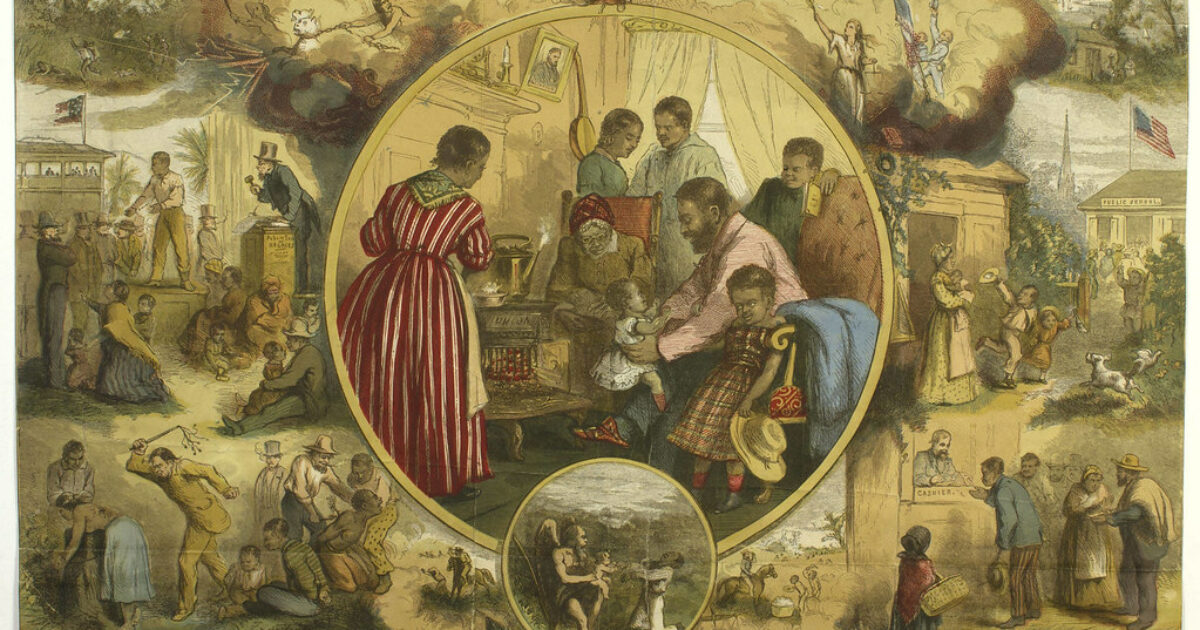The entire thing is good. That’s actually a liberal leaning site too.
I've been criticizing it since I first started posting here. And yet, the 1619 Project is being taught in schools.
Here's a podcast discussing, in part, how the history that led to its economic conclusions has also been debunked:
[ANNUAL LISTENER SURVEY: https://www.surveymonkey.com/r/ZGY3G9W. Vote for your 2023 favorites!] Did nations get rich on the backs of other nations? Did the West get rich from imperialism? Noah Smith says no. But why not? If you can steal stuff, isn’t that better than having to make it yourself...
www.econtalk.org
Noah Smith:
But, anyway, so the--one more sophisticated argument is the one I just said: the idea that all this stuff jump-started economic development. There's also a popular argument that even made it into the
New York Times in the 1619 Project: that slavery was responsible for the Industrial Revolution.
That has been pretty much debunked by now.
Russ Roberts: It is a widely-held belief that the opportunity to enslave people is the source not of the wellbeing of southern plantation holders in 1833, but of America's wellbeing
today. That the legacy of slavery is--and of course this leads to arguments for the justice of reparations and other issues--but let's take that on its face. What's wrong with that argument?
Noah Smith: Well, so the first thing is that the research underlying this idea is of poor quality and has been essentially debunked. The historical scholarship, basically--so Ed Baptist is an historian, and he--Ed Baptist--claimed after looking through some archival sources, that at some point in the history of the American South, American slave owners discovered new methods of horrific torture--which he never specified but posited must exist--discovered new methods of horrific torture by which they could force slaves to work far longer and faster. Basically, torturing them much worse and increasing their output. And that this led to massive--multiples--of increase in the cotton production. And, that, that cheap cotton was what caused the Industrial Revolution in Britain.
There's no evidence for such a torture system at all. No one knows what it was. He just made up the idea that some sort of thing like that must have existed. And, when you look at the evidence, it turns out it's very clear that increases in cotton production came from the introduction of better types of cotton. Like, we know what they are, we know when it happened.
So, essentially, this historical scholarship, which is based on long chains of supposition backed by, kind of, well, ideology, is
wrong. That's not what happened. The idea that the slavery system made cotton cheaper
at all is highly questionable because Indian cotton was extremely cheap as well. And, now of course you could say, 'Well, Indian workers were exploited as well.' Well, that may be true. But, there doesn't seem to have been anything particularly unique about slavery and its ability to make cotton cheap. It primarily enriched slave owners at the expense of other people.
And, now we've got some new research by Hornbeck and Logan--that's Richard Hornbeck and Trevon Logan--who have done: basically, they show, they theorize and show evidence consistent with the idea that slavery made regions
poorer. When you extracted wealth from people by enslaving them, you distorted your economy in all sorts of ways.

 jacobin.com
jacobin.com




